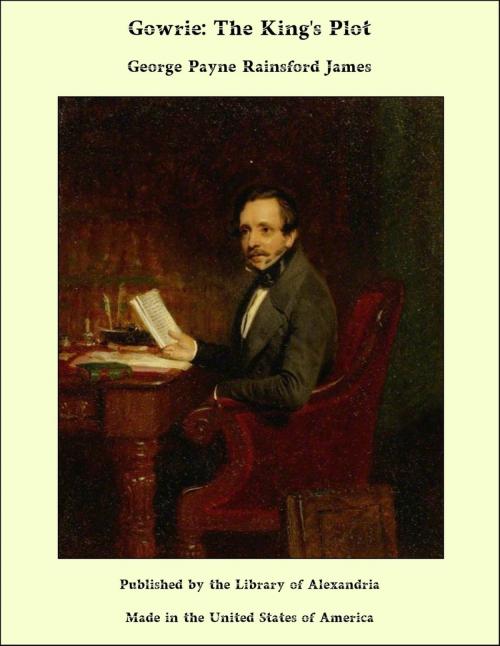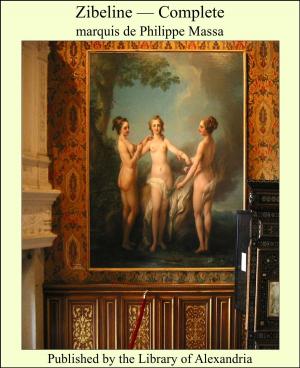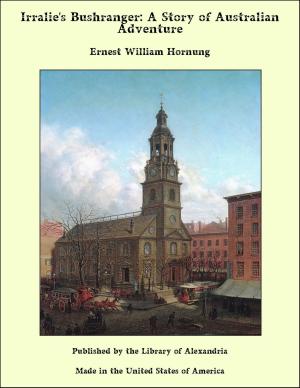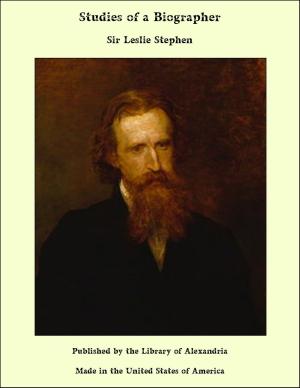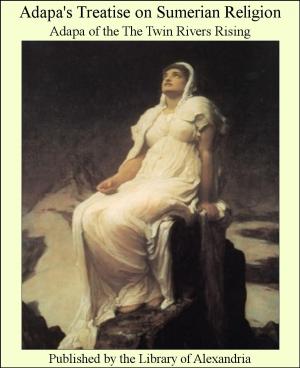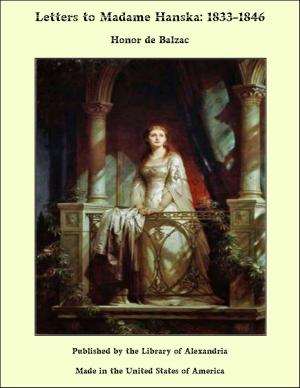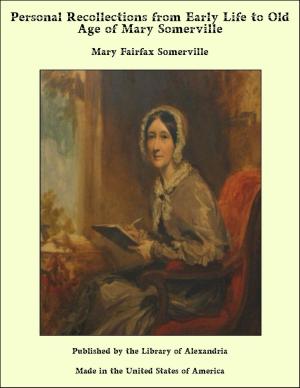| Author: | George Payne Rainsford James | ISBN: | 9781465605573 |
| Publisher: | Library of Alexandria | Publication: | March 8, 2015 |
| Imprint: | Language: | English |
| Author: | George Payne Rainsford James |
| ISBN: | 9781465605573 |
| Publisher: | Library of Alexandria |
| Publication: | March 8, 2015 |
| Imprint: | |
| Language: | English |
On the 15th of August, 1599, a young man was seen standing on one of the little bridges in the town of Padua. He was plainly dressed in an ordinary riding habit of that period, having a short black cloak over his shoulders, a tawny suit of cloth below, and a high crowned hat with a plume of feathers falling on one side. In most respects his apparel indicated no higher station than that of a respectable citizen, and indeed citizens of his age, for he could not be more than two-and-twenty, very frequently displayed more gaudy feathers, although the bird they covered might be of inferior race. There were, however, one or two marks about him which seemed to point out a superior station. Instead of a large fraise or ruff round his neck, which was then still common, he wore a falling collar of the richest and most delicate lace, tied in front of the throat by a silver cord and tassel; and though the sheath of his long rapier was merely of black leather, the hilt of the weapon, as well as that of the dagger to his girdle, was of silver exquisitely wrought. His large buckskin gloves, too, were edged with a silver fringe, and embroidered upon the back. In person he was tall and finely formed, with a highly intelligent and expressive countenance, somewhat stern and determined, indeed, for one so young, but yet with a strange mingling of lofty thoughtlessness and careless ease. He was perfectly alone, though on that day the citizens of Padua were all in full holiday, the bells of the churches ringing, and the cannon firing from the ramparts. Every one seemed to have got a companion but himself; and all the streets in the interior of that city of numberless arcades, were thronged with groups celebrating the holiday, the Assumption of the Blessed Virgin, while he stood alone on the little bridge, as I have said, near the Ferara gate, which was left to comparative solitude by the populace, who were flocking to the churches. He remained in the same spot for more than a quarter of an hour, sometimes leaning his arms on the parapet of the bridge, and gazing down into the shining water, or watching the labours of a stout man, less devout than his neighbours, who still continued his work in one of the boats, with his white shirt and his bright blue breeches reflected in the painted mirror below--sometimes looking up the street which led to the bridge, amongst the arches of which, groups of men and women in gay attire were seen, appearing and disappearing as they crossed from one side to the other. The bright sunshine of Italy was pouring in oblique lines through the openings of the street, and as it caught from time to time upon the brilliant dresses of the passing inhabitants, the effect was strange and pleasing; and a city, the narrow streets and dim arcades of which generally rendered its aspect somewhat gloomy, was now all life and gaiety. The young stranger did not seem to take part in the general merriment: not that he looked sad or even grave, for when he turned his eyes up the street, and caught sight of any of the moving groups which it presented, a smile came upon his lip, somewhat sarcastic it is true, as if he regarded with a certain portion of contempt the rejoicings of the people or the occasion which called them forth, but yet cheerful and free, as of a mind untroubled which could afford to find amusement in the little follies of others. When he had remained in that same spot for nearly a quarter of an hour, the loiterer was joined by another, a much more gaily habited cavalier. The latter was about the same age, or perhaps a year or two older, not quite so tall as his companion, though still a tall man, darker in complexion, and powerfully though lightly made. His step was free, his look open and sparkling; and though his features were not strikingly handsome, yet his countenance was exceedingly pleasing, and not the less striking from some degree of irregularity.
On the 15th of August, 1599, a young man was seen standing on one of the little bridges in the town of Padua. He was plainly dressed in an ordinary riding habit of that period, having a short black cloak over his shoulders, a tawny suit of cloth below, and a high crowned hat with a plume of feathers falling on one side. In most respects his apparel indicated no higher station than that of a respectable citizen, and indeed citizens of his age, for he could not be more than two-and-twenty, very frequently displayed more gaudy feathers, although the bird they covered might be of inferior race. There were, however, one or two marks about him which seemed to point out a superior station. Instead of a large fraise or ruff round his neck, which was then still common, he wore a falling collar of the richest and most delicate lace, tied in front of the throat by a silver cord and tassel; and though the sheath of his long rapier was merely of black leather, the hilt of the weapon, as well as that of the dagger to his girdle, was of silver exquisitely wrought. His large buckskin gloves, too, were edged with a silver fringe, and embroidered upon the back. In person he was tall and finely formed, with a highly intelligent and expressive countenance, somewhat stern and determined, indeed, for one so young, but yet with a strange mingling of lofty thoughtlessness and careless ease. He was perfectly alone, though on that day the citizens of Padua were all in full holiday, the bells of the churches ringing, and the cannon firing from the ramparts. Every one seemed to have got a companion but himself; and all the streets in the interior of that city of numberless arcades, were thronged with groups celebrating the holiday, the Assumption of the Blessed Virgin, while he stood alone on the little bridge, as I have said, near the Ferara gate, which was left to comparative solitude by the populace, who were flocking to the churches. He remained in the same spot for more than a quarter of an hour, sometimes leaning his arms on the parapet of the bridge, and gazing down into the shining water, or watching the labours of a stout man, less devout than his neighbours, who still continued his work in one of the boats, with his white shirt and his bright blue breeches reflected in the painted mirror below--sometimes looking up the street which led to the bridge, amongst the arches of which, groups of men and women in gay attire were seen, appearing and disappearing as they crossed from one side to the other. The bright sunshine of Italy was pouring in oblique lines through the openings of the street, and as it caught from time to time upon the brilliant dresses of the passing inhabitants, the effect was strange and pleasing; and a city, the narrow streets and dim arcades of which generally rendered its aspect somewhat gloomy, was now all life and gaiety. The young stranger did not seem to take part in the general merriment: not that he looked sad or even grave, for when he turned his eyes up the street, and caught sight of any of the moving groups which it presented, a smile came upon his lip, somewhat sarcastic it is true, as if he regarded with a certain portion of contempt the rejoicings of the people or the occasion which called them forth, but yet cheerful and free, as of a mind untroubled which could afford to find amusement in the little follies of others. When he had remained in that same spot for nearly a quarter of an hour, the loiterer was joined by another, a much more gaily habited cavalier. The latter was about the same age, or perhaps a year or two older, not quite so tall as his companion, though still a tall man, darker in complexion, and powerfully though lightly made. His step was free, his look open and sparkling; and though his features were not strikingly handsome, yet his countenance was exceedingly pleasing, and not the less striking from some degree of irregularity.
